2015.08.27
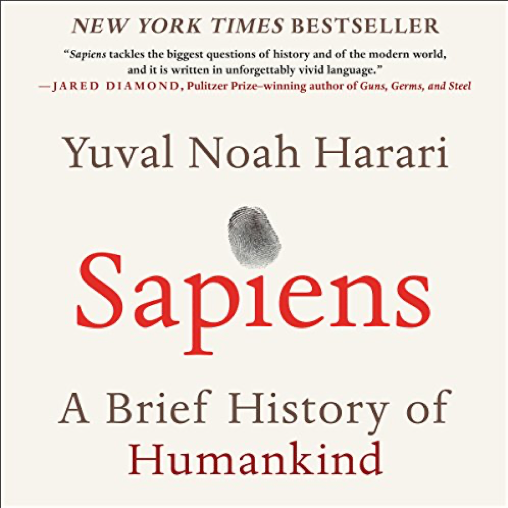
Sapiens: A Brief History of Humankind came as a groundbreaking narrative of humanity’s creation and evolution and soon became a number one international best seller. Dr. Yuval Noah Harari breaks the mold with this book that begins 7,000 years ago. He analyzes the evolution of humankind from the mentality perspective with insightful and provocative words.
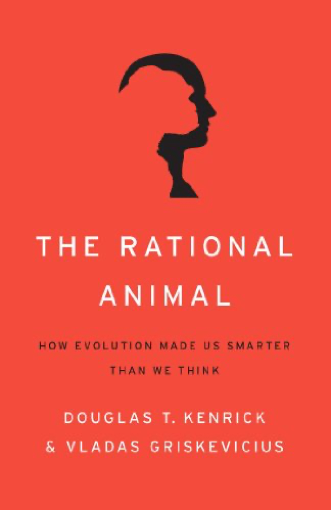
The economics underlines rationality. But how many people can remain rational all the time in life? The growing evidence suggests that humans are eminently irrational regarding choices. The Rational Animal starts from a bunch of interesting cases and analyzes the deep-seated reasons behind the so-called irrational acts. In line with the Thinking, Fast and Slow by Daniel Kahneman and Animal Spirits by Robert J. Shille, this book challenges the prevailing views of being rational in decision making, and presents a new alternative grounded in evolutionary science. It transforms the ways people think about decision making and helps to avoid irrational human activities.
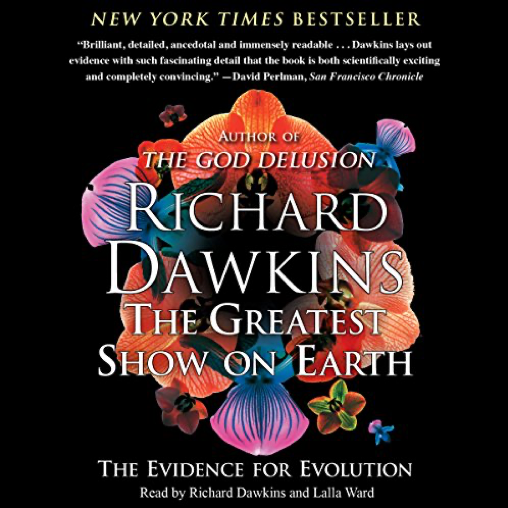
The Greatest Show on Earth: The Evidence for Evolution is one of the most classic works of Richard Dawkins. In this book, Dawkins sifts through rich layers of interdisciplinary examples, tons of sophisticated images and living cases from plate tectonics to molecular genetics, and proves that evolution is undoubtedly more than a theory, but a natural process of everything. It contains great power, simplicity and beauty.
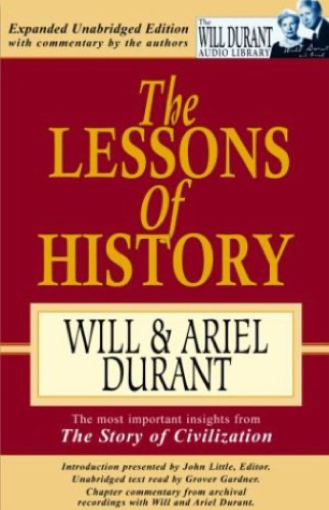
By Will & Ariel Durant
Will and Ariel Durant show their ambitions by asking themselves about the benefits of studying history at the beginning of The Lessons of History. They state “Only a fool would try to compress a hundred centuries into a hundred pages of hazardous conclusions. We proceed.” They later acknowledge the shortfall of being a historian, “Our knowledge of any past event is always incomplete, probably inaccurate, beclouded by ambivalent evidence and biased historians, and perhaps distorted by our own patriotic or religious partisanship.” This book sparks the wisdom and unique interpretation on history of historians. The authors distill the insights they have gained for years and inspire readers to rethink the meaning of history and social issues in reality.
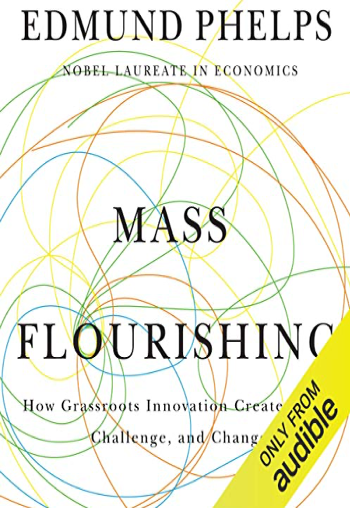
The Noble Prize-winning economist Edmund Phelps makes a sweeping argument about how the economy grows, where the sources of prosperity hide and why they are under threat today. Edmund defines the prosperity of a nation as the prosperity of its people. Phelps dwells on the wellsprings of mass flourishing, the modern values, such as the desire to create, explore and meet challenges. These values are in line with Chinese policies for encouraging universal entrepreneurship, streamlining procedures and power, and promoting universal finance. Mass Flourishing is essential reading for anyone who cares about the sources of prosperity and the future of the West.
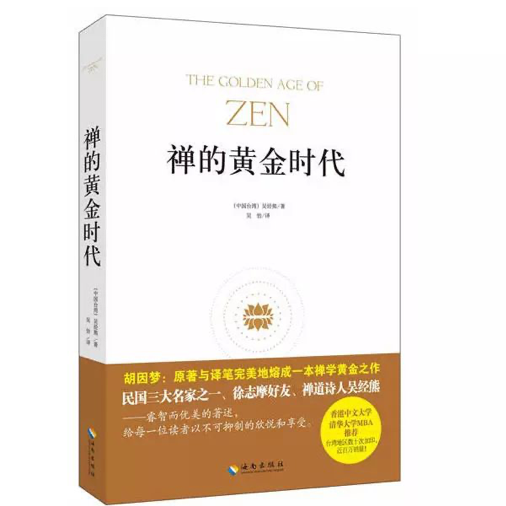
John C.H. Wu’s classic work on Zen, The Golden Age of Zen, has long been the primary sources for understanding Zen, a hugely influential branch of Buddhism. He uses light and illuminating words to interpret the thoughts and dialogues of the grand masters of Zen. This book is truly a masterpiece in which the very essence of Zen and traditional Chinese philosophies flow between the poetic lines. Although Buddhas are all enlightened sages, the author goes against personality cult and encourages self-reflection. He believes that individuals should have their ambitions rather than follow the Buddhas blindly.
Rewritten by: Luo Xinying, Edited by: Du Zhixin, Wei Yiyi
The year 2019 marks the fortieth anniversary of China’s Reform &Opening-Up, once again, we meet at the turning point of history. What’s the next step for the game, is there any clear guidance? The answer is affirmative.
Our country is enjoying a good momentum of development, which does not come from the Washington Consensus nor the Beijing Consensus. China’s experience has proved that both the visible hand and the invisible hand are crucial: the visible hand, stands for the government-led reform, and would yield benefits for reform and opening up; the invisible hand, stands for the Marginal Power represented by the private sector, and would improve economic efficiency and tax collection, create jobs and employment opportunities.
Provided that we want to protect and expand the benefits form reform, three simple but mandatory agreements are to be made and followed: No.1 Private ownership must be recognized, protected and treated equally with public ownership constitutionally, both ownerships are scared and inviolable;No.2 Make further clarification of the principal position of market economy, “deepen economic system reform by centering on the decisive role of the market in allocating resources”, as President Xi addressed in the third Plenary Session of the 18th CPC Central Committee;No.3 Implement the guiding principles of “comprehensively promoting law-based governance” of the fourth plenum. The rule of law is essential for economic growth, irreplaceable to protect private ownership, and necessary to encourage innovation and entrepreneurship.
Above are three rules for us to avoid falling into the Middle-income Trap. Assuming that we are breaking systematic barriers to private enterprises’ participation in market economy, and boosting innovation and entrepreneurship of our society, then we are heading towards a promoting direction. We are marching in the path of light, regardless of the ups and downs of Sino-US relationship, the drop in GDP growth rate, or the monetary policy.
These principals also apply on knowing how better to run a business: don’t be hedged by rules and regulations at the beginning, pay more attention to your survival, and you’ll learn more when you start your second business.
For many years, Huawei has been the only Chinese company on the list of the Top 50 R&D Spenders. Regardless of the economy and its income, what Huawei has been doing is investing in its future, dedicated to R&D, continuously and resolutely. This provisional work underscores Huawei’s accomplishments, making Huawei anindustry leader.
So, there are standard answers on how to run a company,which could be summarized as concentration and professional dedication, continuous investment on innovation and trying harder in R&D. Entrepreneurship is also important, every single company needs entrepreneurs to push aside all obstacles and difficulties, to implement strategies and ideas. We, as investors, are destined to look for such outstanding entrepreneurs and their companies, invest in them and partner with them.
At this key point of history, a country, a company, or asingle individual, will all need to find the right path. Four decades after the Reform and Opening-up, it’s time to learn from our experience and stop “wadding across
